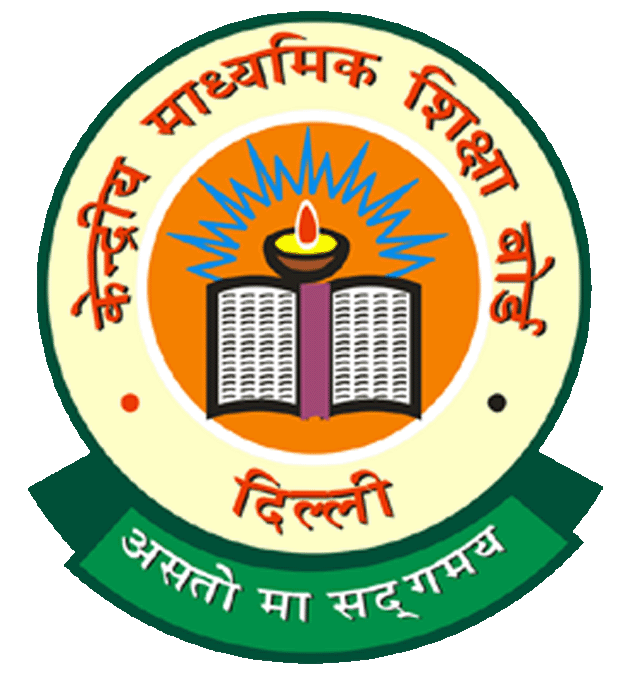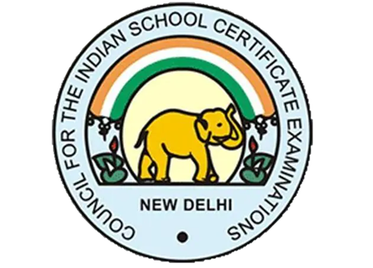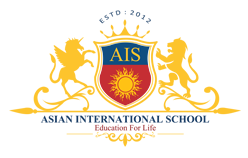Make an informed career choice for your child : 5 Indian Educational Boards

As your child approaches the pivotal milestone, the decisions you make now can significantly shape their future. At Asian International School, we understand that parents want the best for their children, but the multitude of choices and the pressure to succeed can be overwhelming.
This guide aims to demystify the Indian education boards and help you choose the right path for your child's aspirations and strengths, rather than imposing a career they might not want.
The Major Indian Education Boards
India has several education boards, each with its own curriculum, teaching methodologies, and assessment patterns. The most prominent among them are:
1. Central Board of Secondary Education (CBSE)
2. Indian Certificate of Secondary Education (ICSE) / Indian School Certificate (ISC)
3. State Boards
4. International Baccalaureate (IB)
5. Cambridge International Examinations (CIE)
Central Board of Secondary Education (CBSE)

Pros:
- National Recognition: CBSE is widely recognized across India, making it easier for students to transition between states or schools.
- Competitive Exam Alignment: The curriculum is closely aligned with national competitive exams like IIT-JEE and NEET, which can be advantageous for students aiming for these paths.
- Structured Curriculum: Focuses on core subjects with a structured and concise curriculum, which can be beneficial for students who thrive in a systematic learning environment.
Cons:
- Subject Choices: Compared to other boards, CBSE offers fewer elective subjects, which might restrict students interested in non-traditional fields.
Indian Certificate of Secondary Education (ICSE) / Indian School Certificate (ISC)

Pros:
- Comprehensive Curriculum: Emphasizes a balanced education with a wide range of subjects including arts, humanities, and sciences.
- Skill Development: Focuses on developing analytical skills and practical knowledge, which can be beneficial for overall intellectual growth.
- Global Recognition: The ICSE/ISC certification is recognized globally, which can be advantageous for students planning to study abroad.
Cons:
- Heavy Syllabus: The curriculum can be demanding, which may not be suitable for all students.
- High Academic Pressure: The focus on detailed understanding and extensive coursework can be stressful for some students.
State Boards
Pros:
- Regional Relevance: Curriculum is designed with a focus on regional languages and culture, which can be advantageous for students planning to continue their education within the state.
- Cost-Effective: Generally more affordable compared to other boards.
Cons:
- Varying Standards: Quality of education can vary significantly between states.
- Limited Mobility: Transferring to schools or colleges outside the state can be challenging due to differences in curriculum and assessment patterns.
International Baccalaureate (IB)
Pros:
- International Curriculum: Offers a global perspective with a flexible curriculum tailored to individual student needs.
- Wide Range of Subjects: Provides an extensive choice of subjects, enabling students to pursue their interests and strengths.
- University Preparation: Prepares students effectively for higher education both in India and abroad.
Cons:
- Costly: Can be more expensive compared to national boards.
- High Expectations: Requires a high level of self-discipline and independent learning, which may not suit every student.
Making the Right Choice

Choosing the right board is crucial, but it's essential to focus on your child's interests, strengths, and career aspirations rather than societal pressure or perceived prestige. Here are some tips to help you make an informed decision:
1. Understand Your Child's Interests and Strengths: Talk to your child about their passions and career goals. Their interests should guide the choice of board and subjects.
2. Research and Visit Schools: If possible, visit schools affiliated with different boards. Understand their teaching methodologies, extracurricular opportunities, and overall environment.
3. Consider Long-Term Goals: Think about your child's higher education plans. Some boards might offer better preparation for specific career paths or international studies.
4. Evaluate Stress and Pressure: Consider the workload and stress levels associated with each board. Your child's mental health and well-being are paramount.
5. Seek Professional Guidance: Consult with career counselors and educators who can provide insights based on your child's aptitude and career goals.
At Asian International School, we believe in nurturing each child's unique potential. Our goal is to provide parents with the knowledge and support needed to make informed decisions, ensuring that your child embarks on a fulfilling and successful educational journey. Remember, the right path is the one that aligns with your child's dreams and capabilities. Let's empower them to pursue a career they love, not one dictated by societal expectations.
Also Read: How to Nurture your child's strength: A guide to parents of teenagers

- New Korolah, NH-6, Alampur Howrah - 711 302 (Near Kona Express Highway)
- +91 96742 77777, 90073 65555
- info@aisedu.org
Copyright © Asian International School. All rights reserved. | Terms & Conditions | Refund Policy | Privacy Policy



